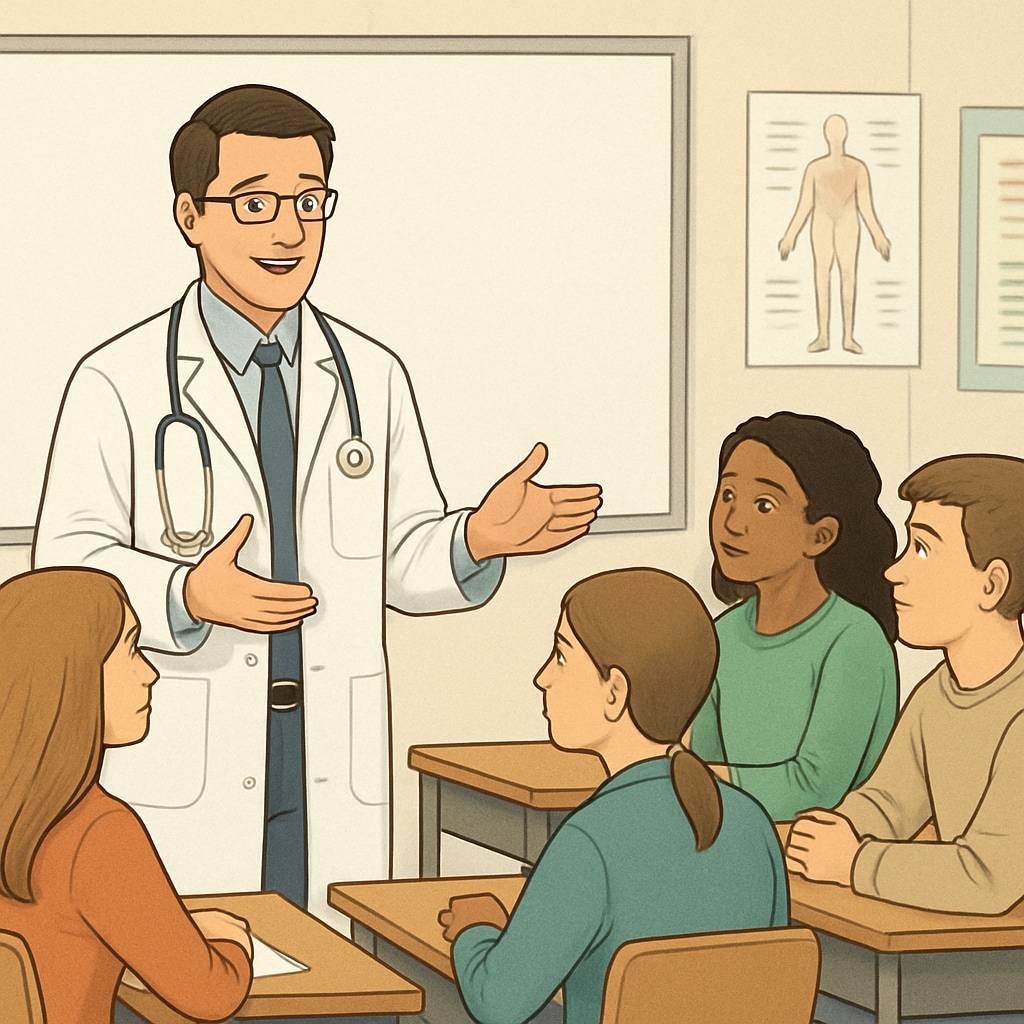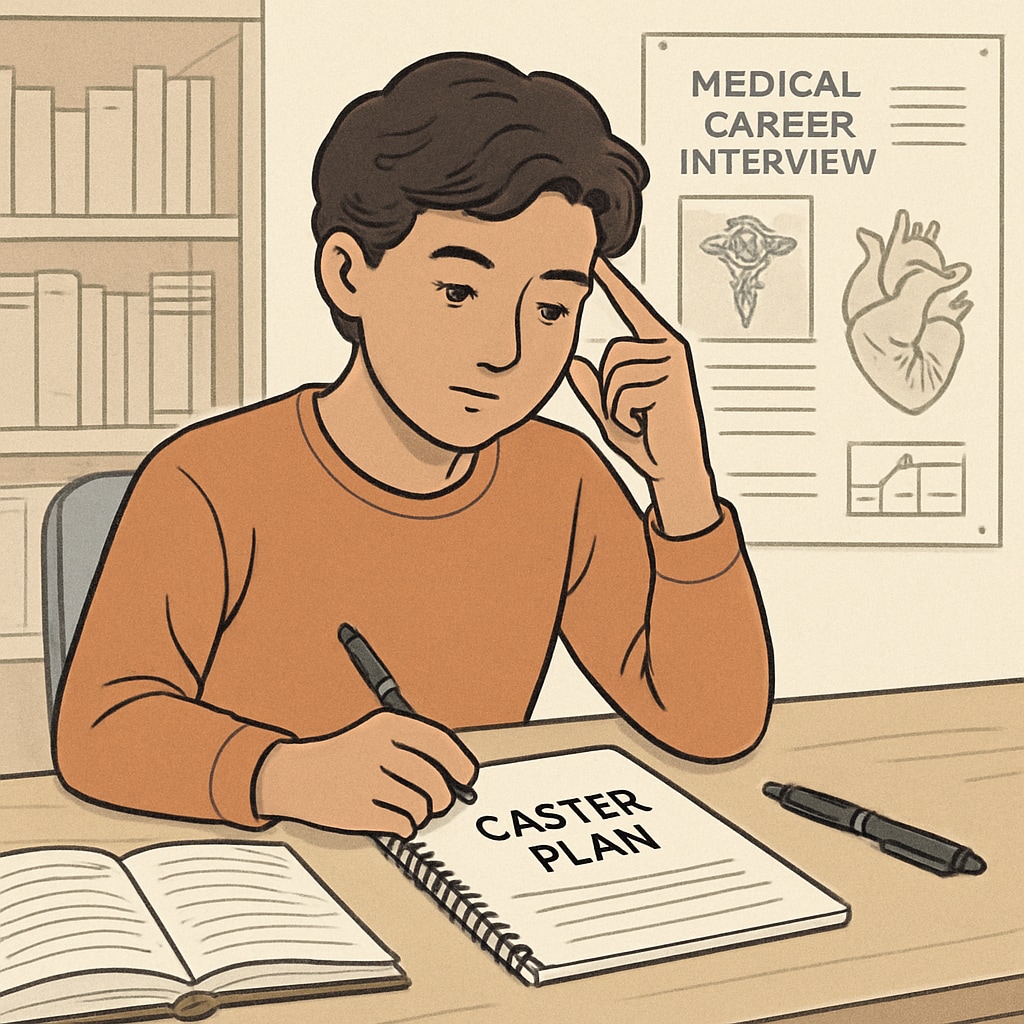The process of career planning in K12 education is a crucial step toward empowering students to make informed decisions about their future. Structured medical career interviews play a pivotal role in providing students with firsthand insights into the healthcare field, helping them understand the realities of the profession and guiding their early career ambitions. This article explores how to design impactful medical career interviews, craft high-quality questions, and translate interview findings into actionable career paths for young learners.
Why Medical Career Interviews Matter for K12 Students
Medical career interviews offer students the opportunity to engage with professionals in the healthcare industry, fostering a deeper understanding of the field. These interactions can demystify the day-to-day responsibilities of medical practitioners, highlight the challenges and rewards of the profession, and inspire students to explore medical education as a viable career path. According to Britannica, medicine is one of the oldest and most respected professions, making it essential to provide students with accurate and relatable information about this career.

Crafting Effective Medical Career Interview Questions
Designing a high-quality set of questions is key to ensuring that students gain valuable insights from the interview process. Questions should be tailored to uncover both general aspects of the medical profession and specific details that resonate with students’ interests. Below are essential categories to consider:
- Career Path: What inspired the medical professional to pursue this career? What educational and training steps were involved?
- Daily Responsibilities: What does a typical day look like in their role? What are the most rewarding and challenging aspects?
- Skills and Attributes: What personal qualities and technical skills are essential for success in medicine?
- Industry Trends: How is the healthcare field evolving, and what opportunities might exist in the future?
By focusing on these topics, students can gain a holistic view of the profession and better align their personal aspirations with the realities of medical education and practice.
Turning Interview Insights into Actionable Career Plans
After conducting medical career interviews, it’s crucial to help students process the information and translate it into steps they can take toward their goals. Here’s how educators and mentors can support this process:
- Reflection Exercises: Encourage students to summarize what they learned and identify aspects of the profession that resonate with them.
- Goal Setting: Help students outline short-term and long-term objectives, such as taking relevant science courses or engaging in volunteer work.
- Resource Sharing: Provide students with additional materials, such as information about medical schools, scholarship opportunities, and internship programs.
- Connecting Interests: Suggest extracurricular activities that align with their career aspirations, such as joining health science clubs or attending workshops.

In addition, educators can organize follow-up discussions or group sessions where students share their experiences and learn from one another. These collaborative efforts can further deepen their understanding and motivation.
Best Practices for Structuring Medical Career Interviews
To ensure that the interviews are meaningful and productive, follow these best practices:
- Preparation: Provide students with background information about the interviewee and their role to encourage informed questions.
- Engagement: Foster a conversational atmosphere where students feel comfortable asking questions and expressing curiosity.
- Documentation: Encourage students to take notes during the interview to retain key insights for later reflection.
- Follow-Up: Schedule a post-interview session to discuss takeaways and plan actionable steps.
By adhering to these guidelines, educators can maximize the impact of medical career interviews and empower students to envision themselves in the healthcare field.
Medical career interviews are more than just a learning experience—they serve as a bridge between aspiration and action. Through structured guidance and thoughtful planning, K12 students can gain the clarity and confidence needed to embark on a fulfilling journey in medicine.
Readability guidance: Use short paragraphs and bullet points to summarize key ideas; aim for clear transitions between sections; keep passive voice and long sentences to a minimum while maintaining a professional tone.


